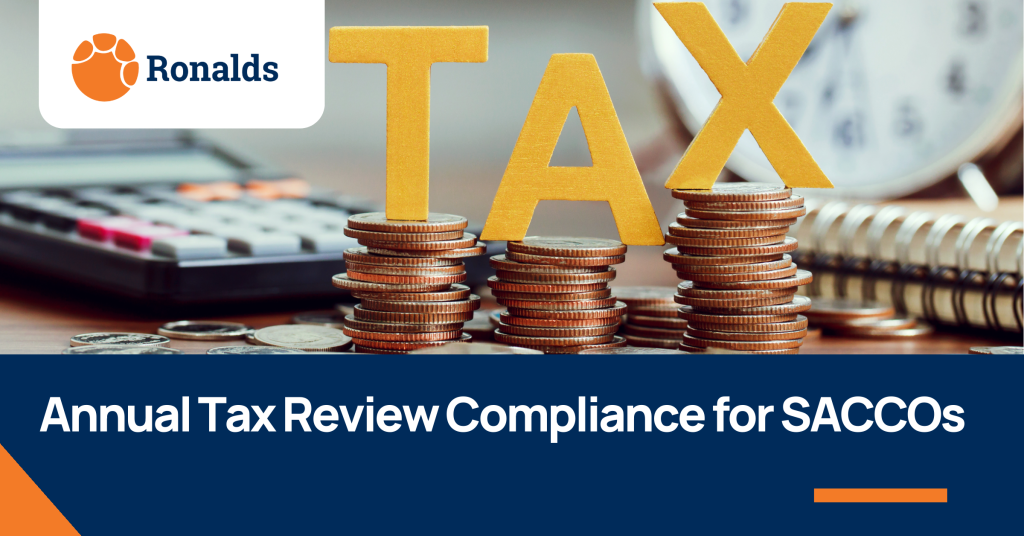In a business world increasingly driven by data, the role of the auditor is rapidly evolving. Gone are the days when audits relied solely on manual checks and sample-based testing. Today, Artificial Intelligence (AI) in auditing is transforming the profession — turning it from a reactive compliance exercise into a proactive, data-driven function that delivers deeper insights, improved accuracy, and unprecedented efficiency.
The Shift from Traditional to Intelligent Auditing
Traditional auditing methods depended on manual data reviews, sampling, and labor-intensive reconciliations. While effective in the past, they are no longer sufficient for today’s massive data volumes and complex financial ecosystems.
With AI, auditors can now analyze 100% of transactions — not just a small sample — to identify anomalies and risks in real time. This represents a monumental shift from periodic reviews to continuous assurance, allowing for early detection of irregularities and more strategic audit planning.
Why AI Matters in Auditing
Conventional audits often involve sifting through thousands of transactions and relying on human judgment to identify issues. This process is time-consuming, prone to bias, and risks overlooking critical anomalies.
Artificial Intelligence in auditing changes this narrative. With the ability to process vast datasets instantly, AI-powered audit tools can:
- Analyze every transaction in real time
- Detect anomalies and potential fraud early
- Automate repetitive, rule-based tasks
- Improve audit planning and risk assessment
By enabling auditors to focus on high-value analysis rather than manual data handling, AI enhances both audit quality and efficiency.
Key Applications of AI in Auditing
- Automated Data Analysis
AI tools can pull, cleanse, and classify data from ERP systems, financial records, and third-party platforms, freeing auditors to focus on interpretation and strategic insights. - Anomaly and Fraud Detection
Machine learning algorithms identify unusual patterns or transactions, continuously learning from past data to detect potential fraud faster and more accurately. - Natural Language Processing (NLP)
NLP enables AI systems to interpret contracts, emails, and invoices — essential for compliance audits where understanding context is critical. - Predictive Analytics
AI can analyze historical financial data to forecast future trends or flag potential misstatements before they occur, enhancing proactive risk management. - Continuous Auditing
With AI-driven monitoring tools, audits can now happen in real time — not months after the fact — ensuring instant detection of financial irregularities.
Benefits of AI in Auditing
- Improved Accuracy: Reduces human error by applying consistent logic across datasets.
- Efficiency Gains: Automates time-consuming, repetitive processes.
- Deeper Insights: Identifies trends and anomalies that traditional audits might miss.
- Scalability: Enables auditors to manage large volumes of data across multiple systems and geographies.
By integrating Artificial Intelligence in auditing, firms can transform their audit functions from compliance checkpoints to strategic, value-driven services.
Challenges and Considerations
Despite its advantages, adopting AI in auditing comes with certain challenges:
- Data Quality & Integration – Poor data can compromise outcomes; clean, structured data is essential.
- Ethics & Bias – AI systems must be transparent, unbiased, and explainable.
- Talent Gap – Auditors need to upskill in AI, data analytics, and digital risk management.
- Cybersecurity Risks – Greater digital integration increases exposure to cyber threats.
- Regulatory Compliance – As regulations evolve, firms must ensure responsible AI usage.
The Human + Machine Model
Contrary to popular belief, AI won’t replace auditors — it will empower them. The future lies in collaboration:
- AI handles the heavy lifting — data analysis, pattern recognition, and continuous monitoring.
- Human auditors bring ethical reasoning, professional judgment, and contextual understanding.
Auditors who can skillfully combine human insight with AI-driven tools will lead the next generation of intelligent assurance.
Reimagining the Audit Profession
Artificial Intelligence in auditing is not just a technological upgrade — it’s a complete reimagination of the audit profession. Firms that embrace AI will deliver more accurate, efficient, and insightful audits, strengthening trust and strategic value for clients and stakeholders.
As data continues to grow in complexity and volume, the question is no longer if AI should be integrated into auditing, but how quickly firms can adapt. The future of auditing is intelligent — and it’s already here.
Key Takeaway
“AI is not replacing auditors — it’s redefining them.”
By adopting AI, firms can transform their audits from compliance checks into engines of continuous assurance and actionable insights.
Written by Josephine Nanzala




